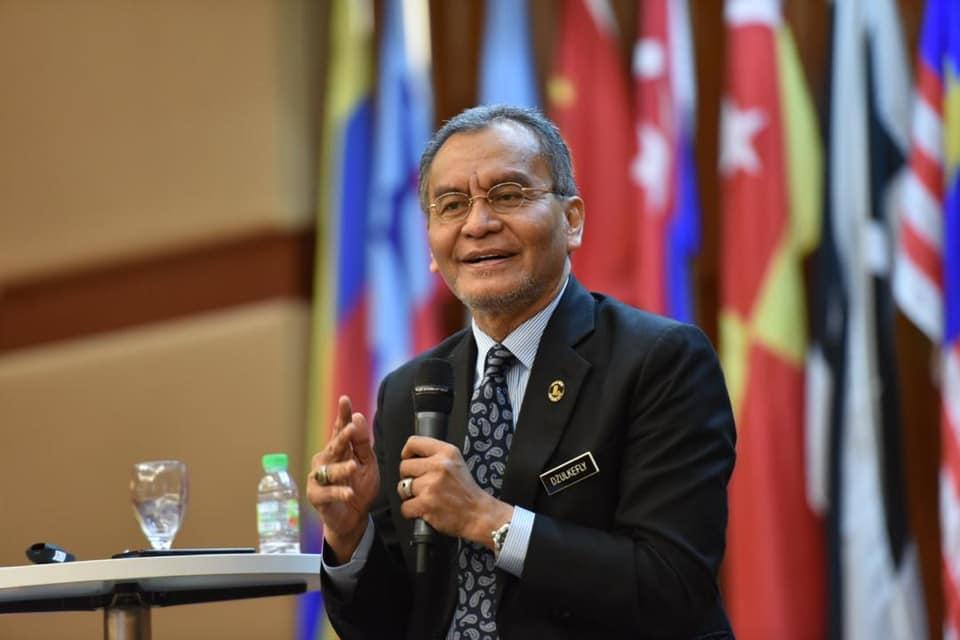Selangor continues to fare worst in daily virus spikes despite SELangkah app
Problems obtaining accurate data and other details on Covid-19 infections in the state continue despite the launch of the app in May last year.
Just In
Questions are being asked about the effectiveness of a Covid-19 contact tracing app used in Selangor as the state continues to report the bulk of daily cases despite forming its own task force to fight the pandemic under the leadership of former health minister Dzulkefly Ahmad.
MalaysiaNow has learnt that despite the introduction of SELangkah in May 2020 – just two weeks after Putrajaya launched the MySejahtera contact tracing app for the whole country – it is facing problems getting accurate data and other details on Covid-19 infections in the state.
Selangor, with a population of over six million, is spread over an area of about 8,000 sq km. By comparison, Kuala Lumpur, just 3% of Selangor’s size, has a population of two million and is the most densely populated part of the country.
Yet, Selangor has generally recorded the highest number of new Covid-19 cases as the country battles a sharp spike in daily infections.
Yesterday, Selangor led the way again, recording 1,145 cases compared to Kuala Lumpur with 619 cases.
Since the pandemic hit Malaysia, Selangor has reported over 70,000 cases with 168 deaths, while Kuala Lumpur registered about 27,000 cases with 45 deaths.
Selangor has generally recorded the highest number of new Covid-19 cases as the country battles a sharp spike in daily infections.
On Jan 29, when daily cases shot up to a record 5,725, more than half – 3,126 – were infections from Selangor.
Dzulkefly had said the spike in cases in the state was due to a backlog of screenings involving factory workers and prisoners, as well as those done at private medical facilities which were not reported earlier.
Even so, the huge spike turned attention to the SELangkah app, developed by Selangkah Ventures Sdn Bhd, a company whose majority 60% ownership was bought by the state through Selgate Healthcare Sdn Bhd which is owned by the Selangor government.
A check of Selangkah Ventures’s website reveals only a page of information about the company, with no details of its portfolio and organisational structure.
Checks also revealed that the remaining 40% of the company is owned by Aime Healthcare Sdn Bhd, whose CEO is Dr Helmi Zakariah, the app’s developer.
Several posts on social media have questioned the close political connection among those tasked by the state government to supervise the battle against Covid-19.
Others linked them to an Islamic NGO seen as close to Amanah although MalaysiaNow has not been able to independently verify these claims.
Two months after it was launched, the Putrajaya Amanah division hailed SELangkah as a local achievement and even backed a call by a Bumiputera business group to boycott the federal government’s MySejahtera app on the basis that it was jointly developed with a US-based company.
Dzulkefly has in recent times stepped up criticism of the health ministry, accusing it of not sharing critical data on virus infections.
The claim is not new, and as far back as October last year, health director-general Dr Noor Hisham Abdullah had explained that Selangor’s request for “raw data” could not be fulfilled to ensure standardisation in data interpretation.
Noor Hisham had said it was likely that the state’s data interpretation would be different due to the different systems used.
He also questioned the data privacy of SELangkah, although Selangor officials have assured that its data is encrypted.
He said the use of SELangkah would hamper coordination in tracing Covid-19 infections.
Dzulkefly, a non-medical doctor who did his PhD in toxicology, has so far snubbed repeated requests by MalaysiaNow to respond to questions and claims surrounding Selangor’s Covid-19 spike.
Subscribe to our newsletter
To be updated with all the latest news and analyses daily.
